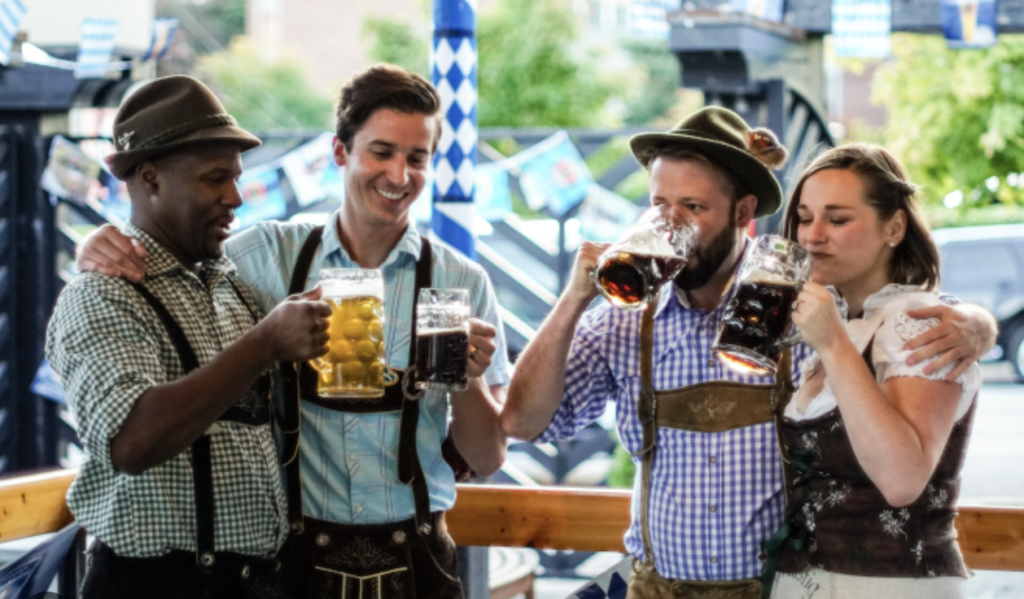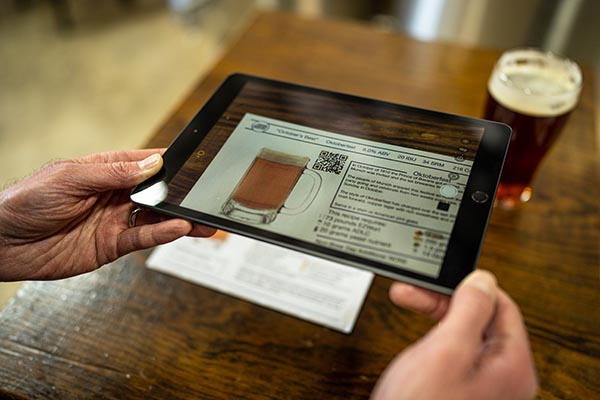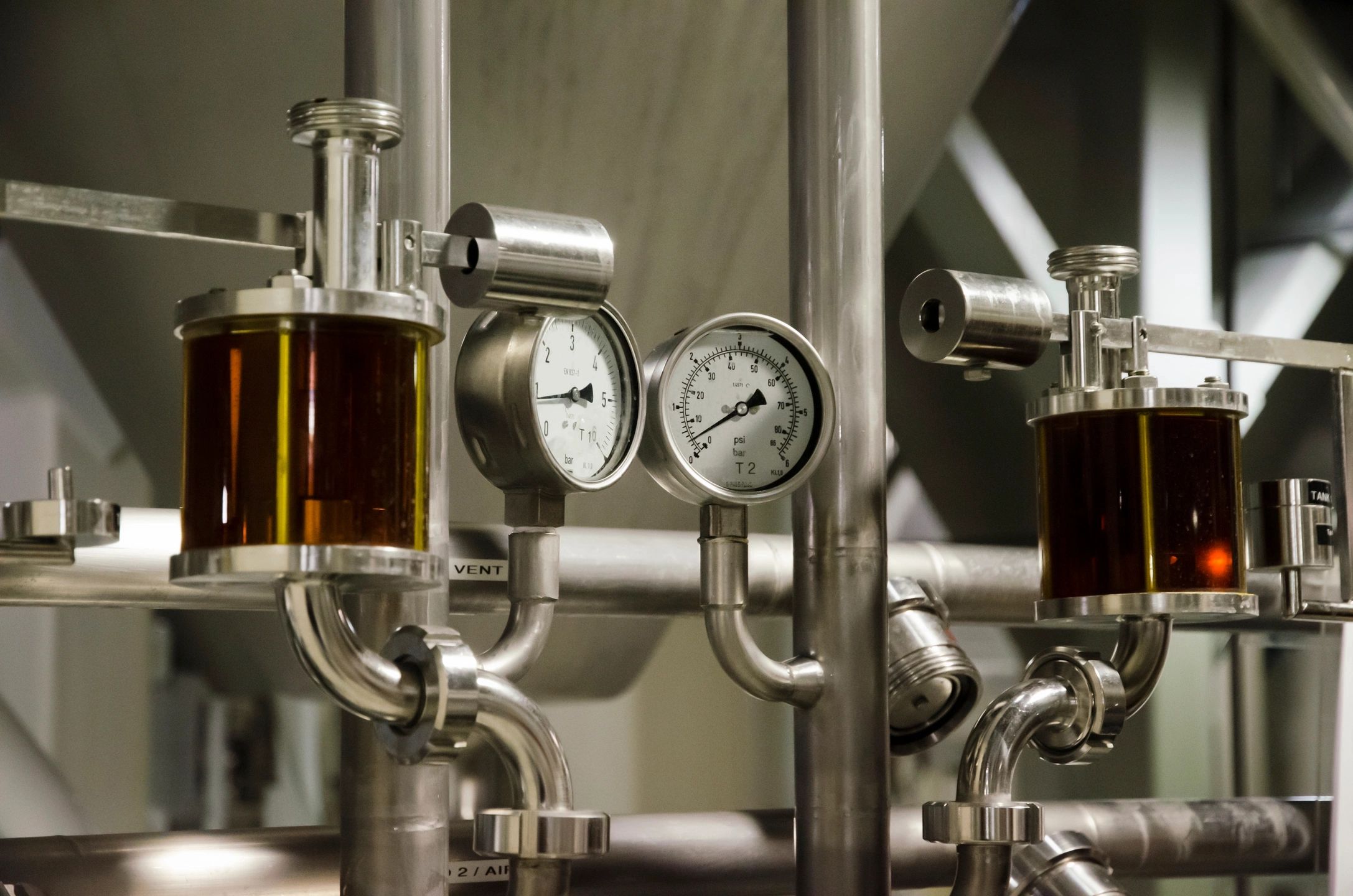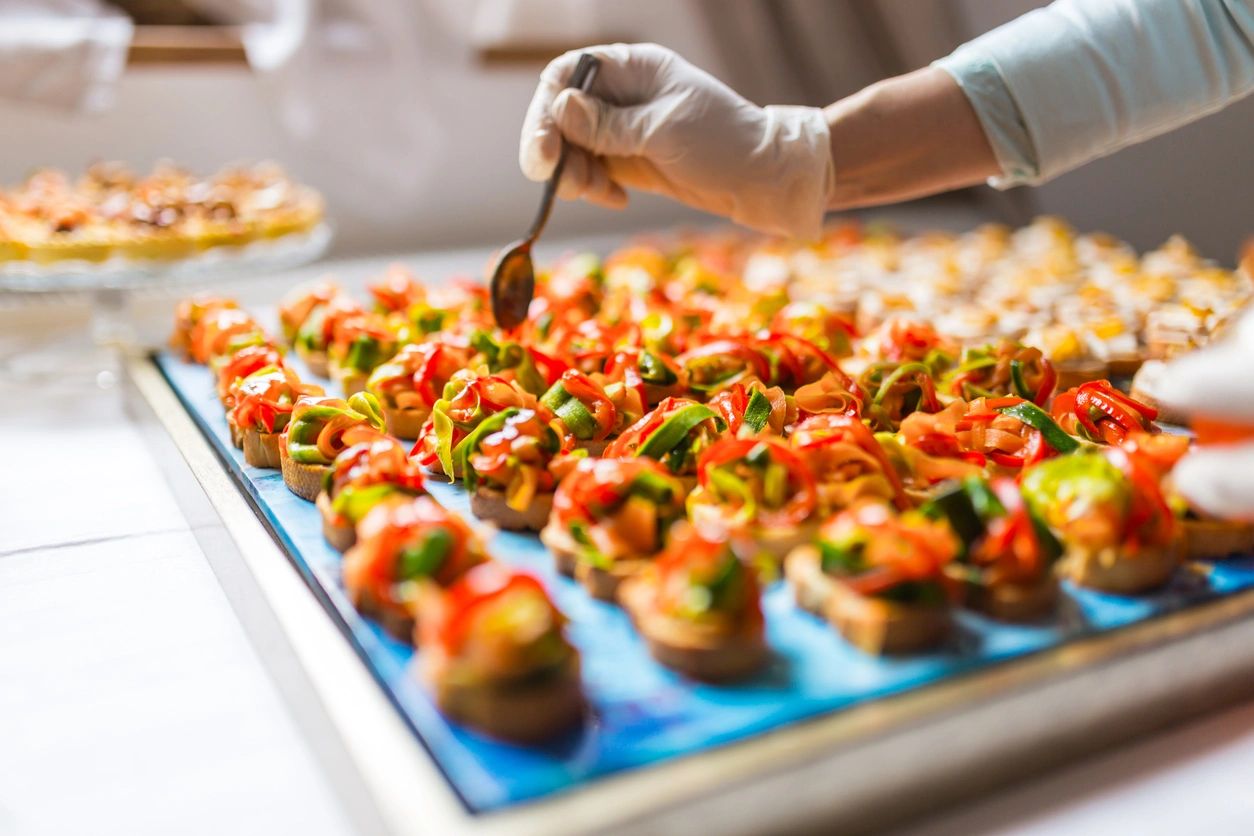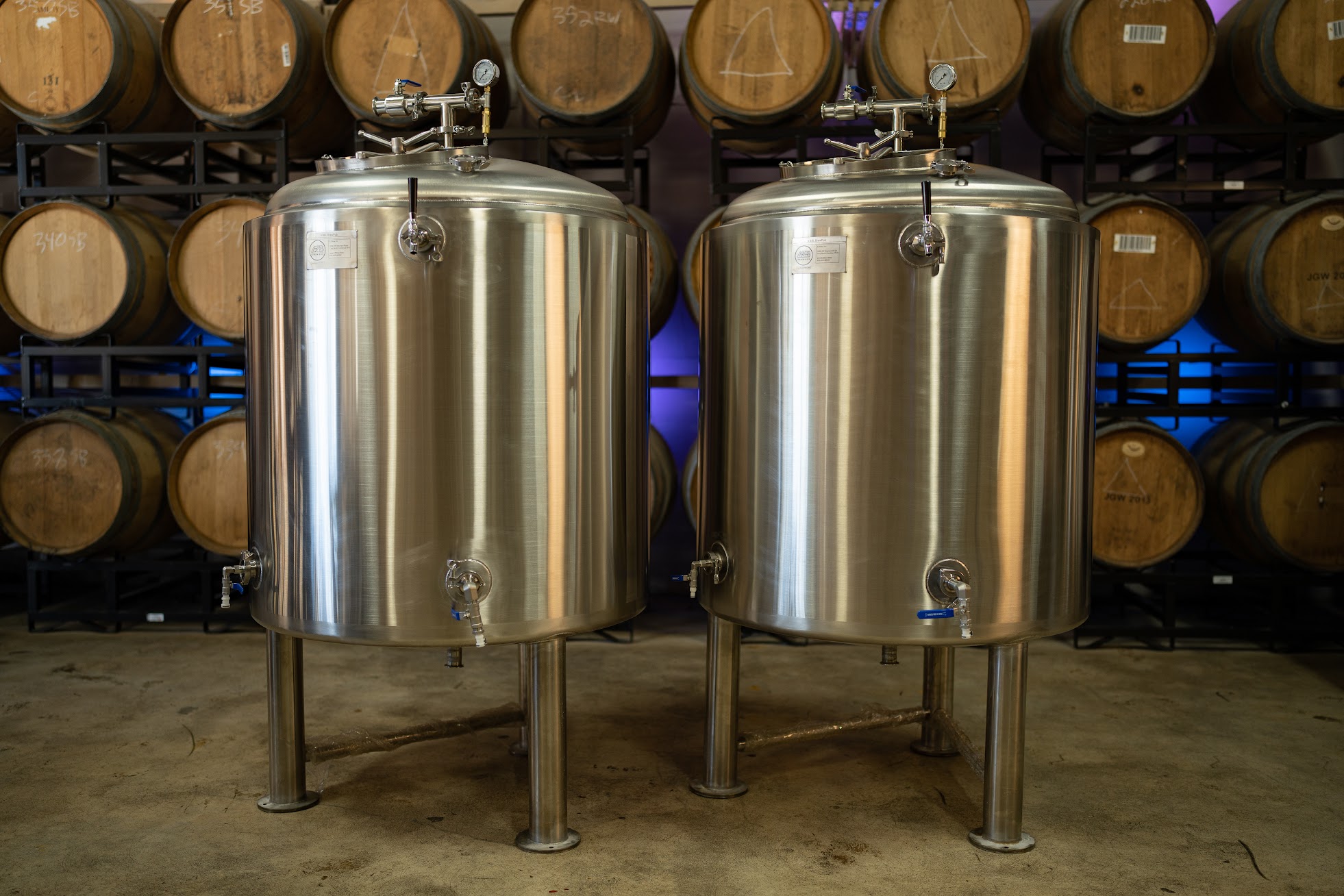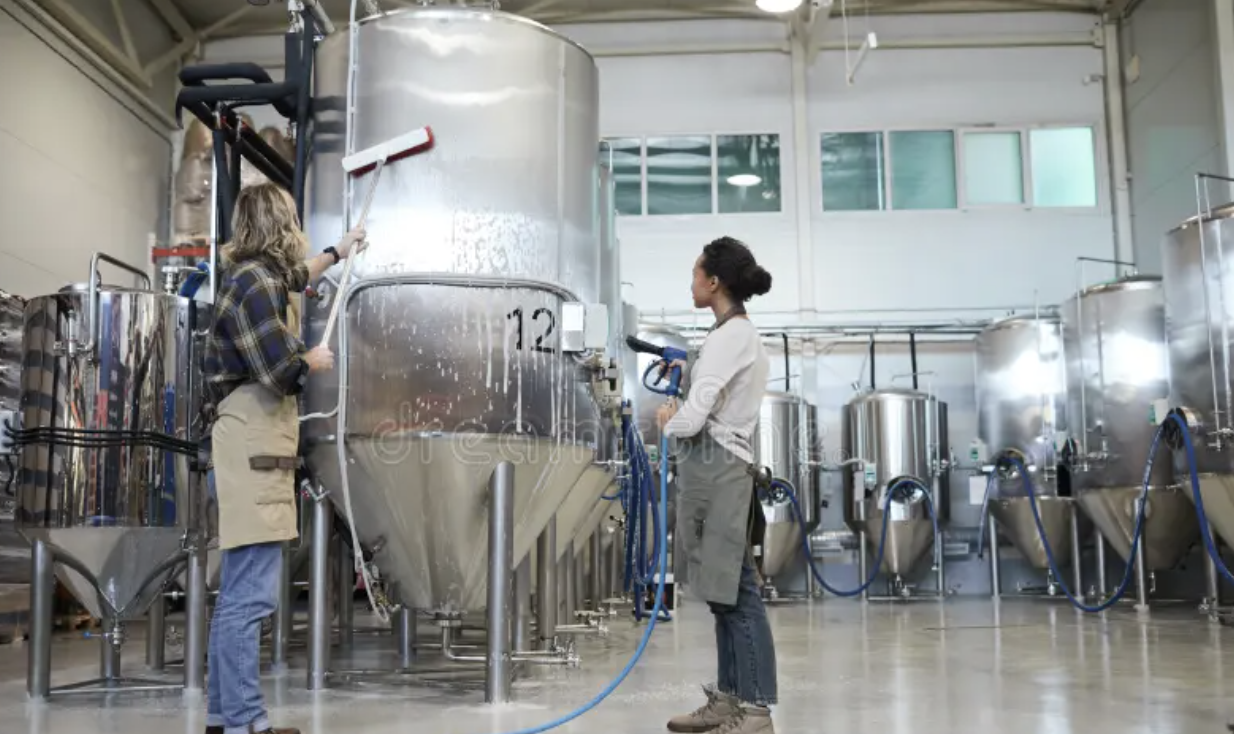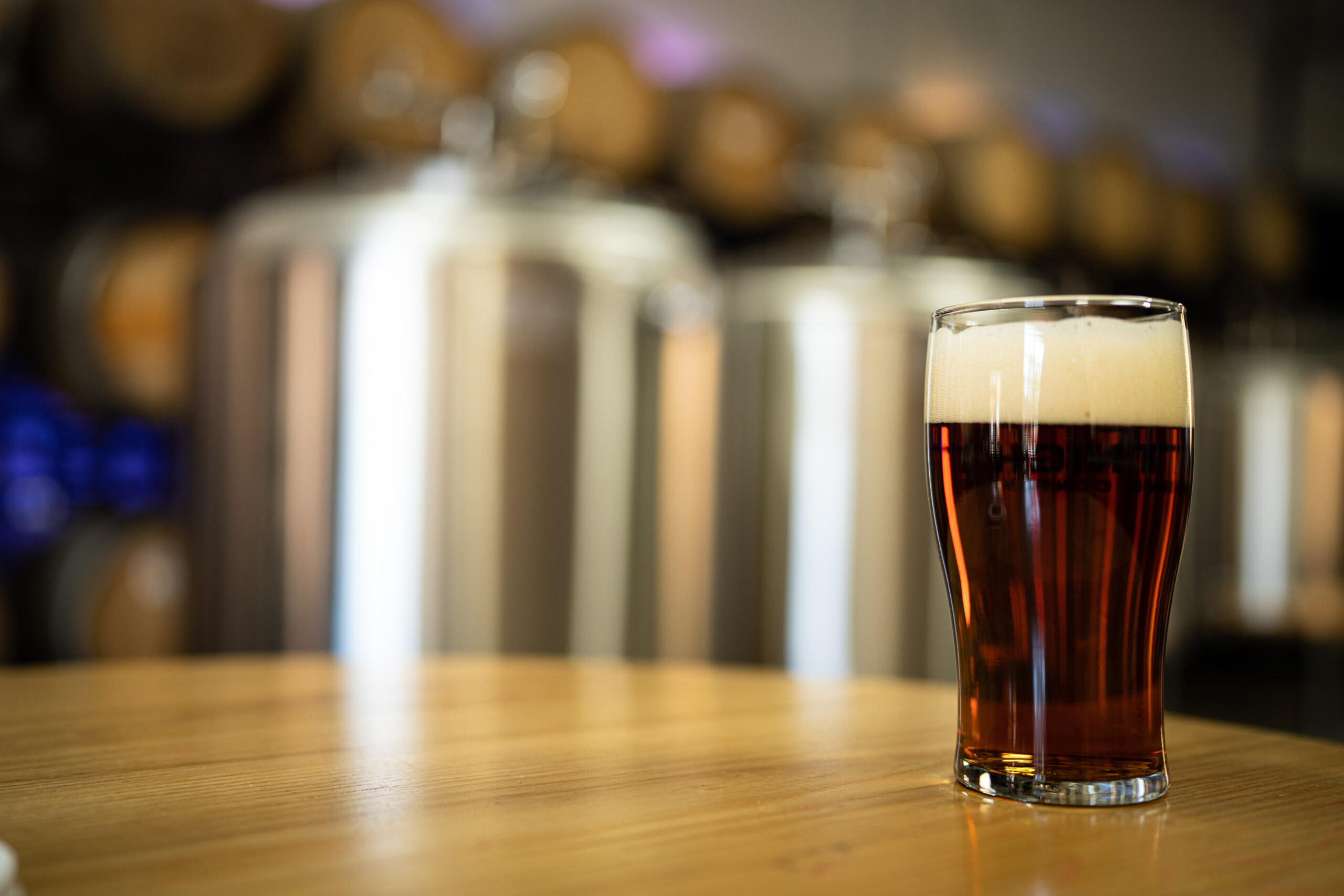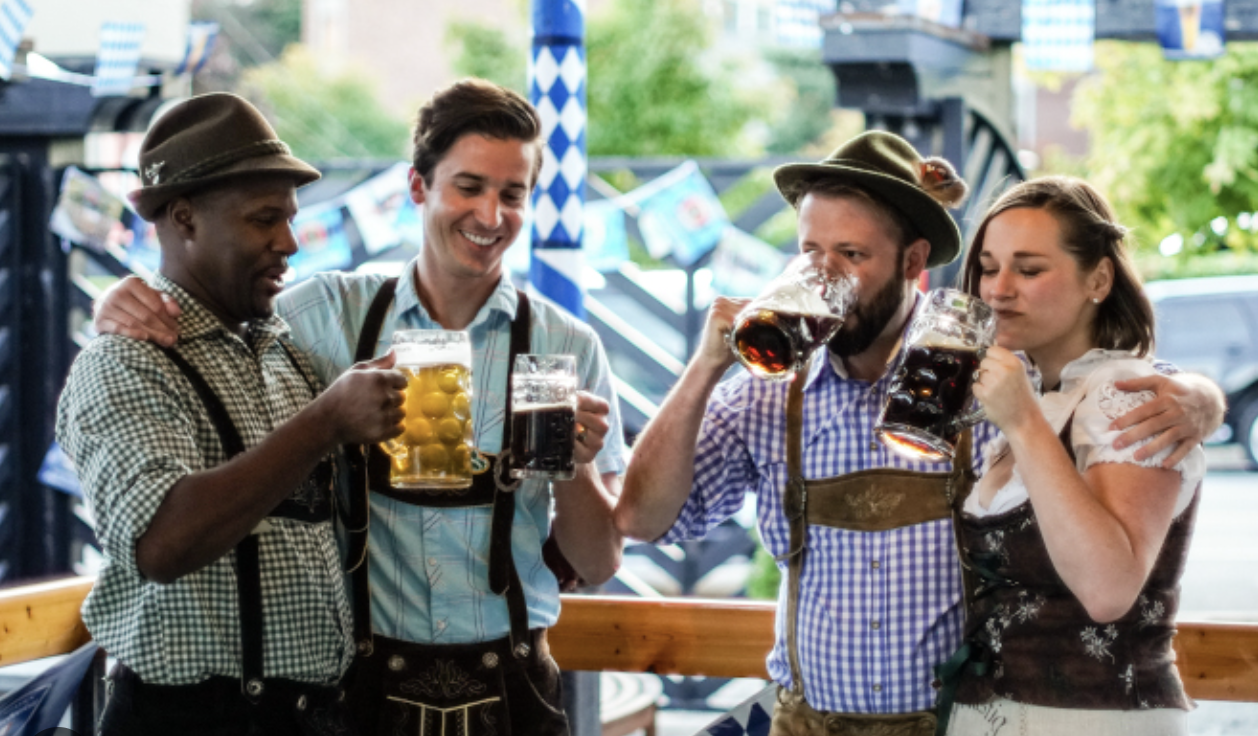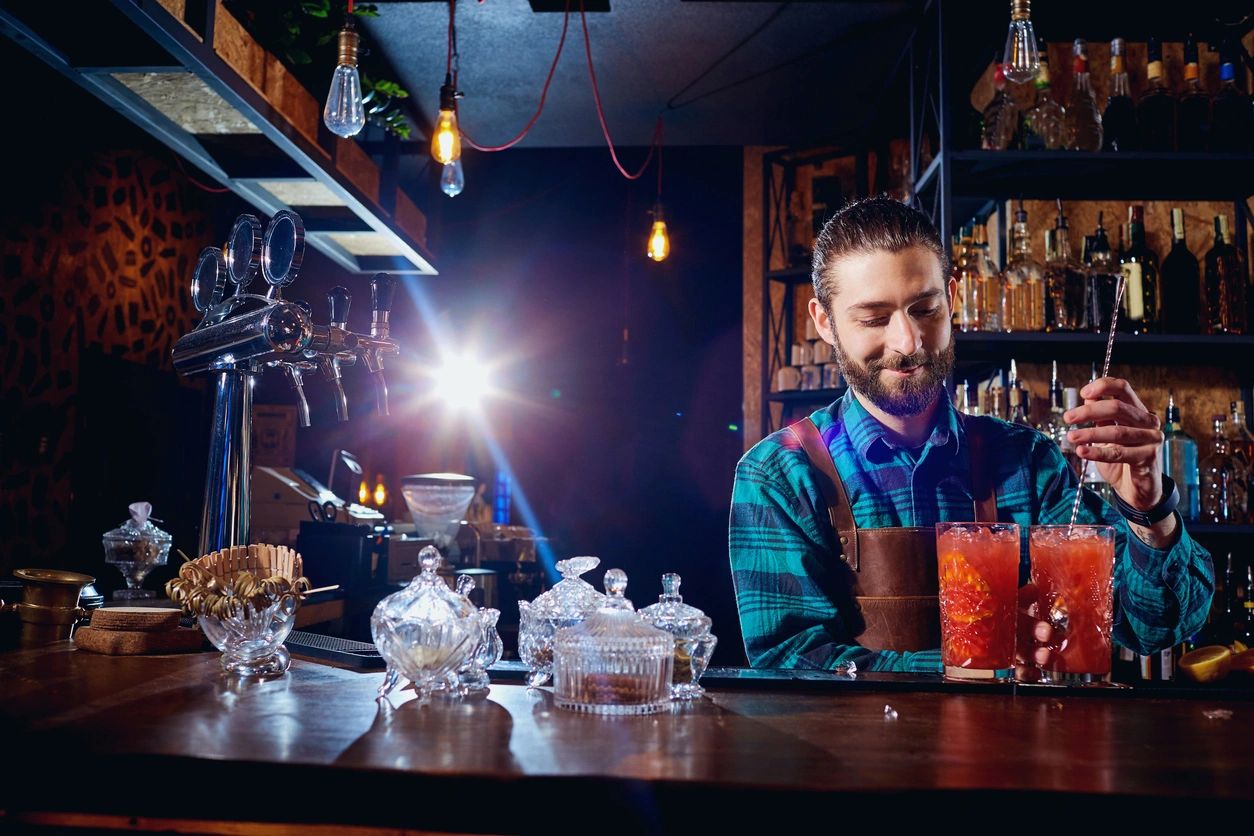Oktoberfest is synonymous with beer, lederhosen, pretzels, and a grand celebration. But do you know how this world-renowned event began? Delve into the fascinating history of Oktoberfest and discover how a royal wedding evolved into the world’s largest folk festival.
Origins in Royal Matrimony
Oktoberfest’s roots can be traced back to October 12, 1810. Munich celebrated the wedding of Crown Prince Ludwig (later King Ludwig I) and Princess Therese of Saxony-Hildburghausen. In honor of their union, the royal family invited the citizens of Munich to attend festivities held in the fields in front of the city gates. These fields were named “Theresienwiese” (Therese’s fields) in honor of the crown princess, and even today, locals refer to Oktoberfest simply as “Wies’n.”
A few days after the wedding, a horse race marked the end of the festivity, ensuring the event’s public appeal. The decision to repeat the horse races in subsequent years gave rise to the tradition of Oktoberfest.
Evolution of the Festival
While the horse races ended in 1960, the Oktoberfest tradition continued to evolve. In 1811, the first Agricultural Show was designed to promote Bavarian agronomy. But beer started taking center stage when, in 1896, the beer stands were replaced by larger beer tents and halls, backed by local breweries.
Over the decades, Oktoberfest underwent several changes. It was canceled a few times due to cholera outbreaks in the 1800s, and during wartime, the celebration was understandably put on hold. The festival’s starting date was moved to the last weeks of September, as the evenings were warmer and more pleasant than in October.
Oktoberfest Today
Today, Oktoberfest in Munich spans 16-18 days, starting from late September to the first weekend in October. While beer remains the focal point, there’s much more to the festival. Traditional foods, such as pretzels, sausages, and roast chicken, are a must-have. There are also numerous rides, traditional music events, and parades, making it a grand celebration suitable for all ages.
An essential aspect of modern Oktoberfest is the beer itself. Only beer conforming to the Reinheitsgebot, sometimes referred to as the German Beer Purity Regulation of 1516, and brewed within the city limits of Munich, can be served at the Munich Oktoberfest. These beers are branded as “Oktoberfest Beer”, a trademark of the Club of Munich Brewers.
Oktoberfest Around the World
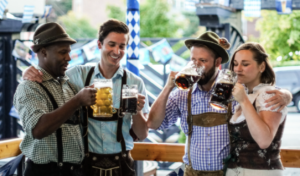
While Munich hosts the most authentic Oktoberfest, the festival’s popularity has led to celebrations across the globe. From Canada to Brazil and Australia, numerous Oktoberfest events capture the essence of the original festival. While each has its unique touch, the common threads of beer, food, music, and camaraderie remain.
Oktoberfest is not just a beer festival but a celebration of Bavarian culture and traditions. Its deep-rooted history, tracing back to a royal wedding, showcases the evolution of traditions and how they adapt to modern times. Whether you’re enjoying a stein in Munich or at a local Oktoberfest celebration elsewhere, remember the rich tapestry of history behind it.
*References:*
- “Oktoberfest.de – The Official Website for the Munich Oktoberfest.” [Oktoberfest.de](https://www.oktoberfest.de/en/).
- Blevins, Joe. “A Brief History of Oktoberfest and the Beer Behind It.” *VinePair*, 20 Sept. 2018, [vinepair.com](https://vinepair.com/articles/history-oktoberfest-beer-munich/).

